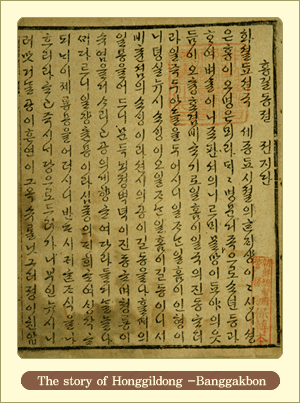After thousands of years the empire of Konya grew with many interconnecting roads.
The ability to build great monuments to their successes preciptated much construction. However news from far away lands showed that the 2 of the 3 great land baesd monuments of stone had been built but Konya built the best.
The ability to build great monuments to their successes preciptated much construction. However news from far away lands showed that the 2 of the 3 great land baesd monuments of stone had been built but Konya built the best.



 By this time, too, the signs of an advanced literate culture were beginning to become evident. Korea was perhaps the first civilisation to systematize her writing, in the form of the
By this time, too, the signs of an advanced literate culture were beginning to become evident. Korea was perhaps the first civilisation to systematize her writing, in the form of the  Inevitably, rivalry grew between the city-states. The catylst was the discovery of a large deposit of bronze in the vicinity of Seoul. Overnight, the military balance changed, as axemen started appearing in the armies of Gojoseon. In 820 BCE, the last king of Gojoseon was overthrown, and the general
Inevitably, rivalry grew between the city-states. The catylst was the discovery of a large deposit of bronze in the vicinity of Seoul. Overnight, the military balance changed, as axemen started appearing in the armies of Gojoseon. In 820 BCE, the last king of Gojoseon was overthrown, and the general  By 630 BCE, Baekjean and Silia had both fallen to the might of Goguryeo. Refugees from Silia fled further north, and founded the city of Cheju, where the state of
By 630 BCE, Baekjean and Silia had both fallen to the might of Goguryeo. Refugees from Silia fled further north, and founded the city of Cheju, where the state of 
 An extract from the epic 'Mungal'
An extract from the epic 'Mungal'
Comment